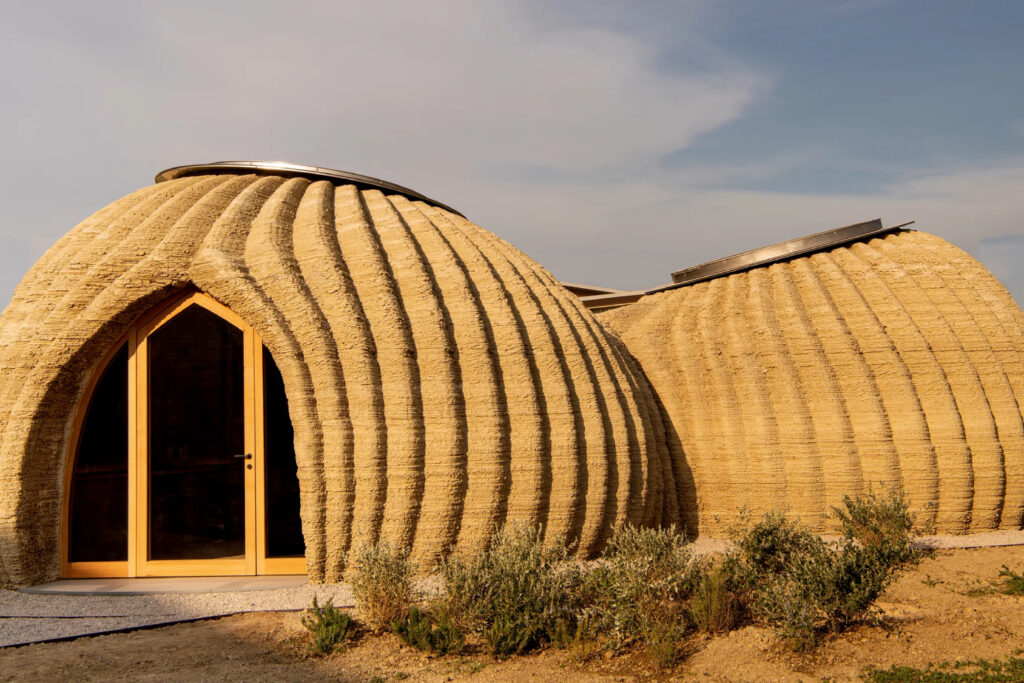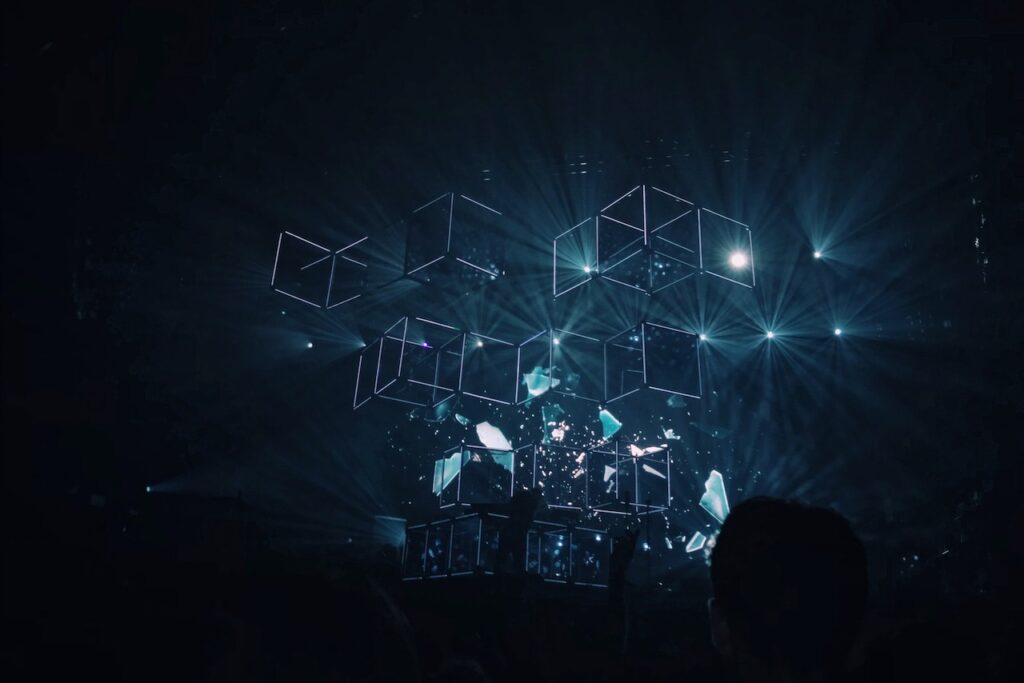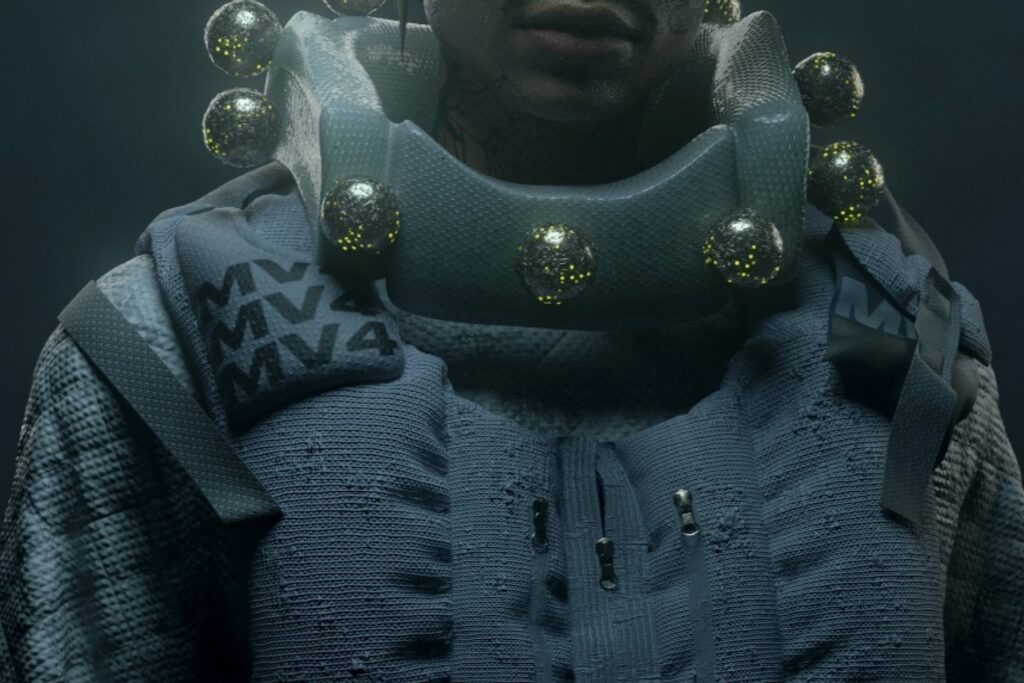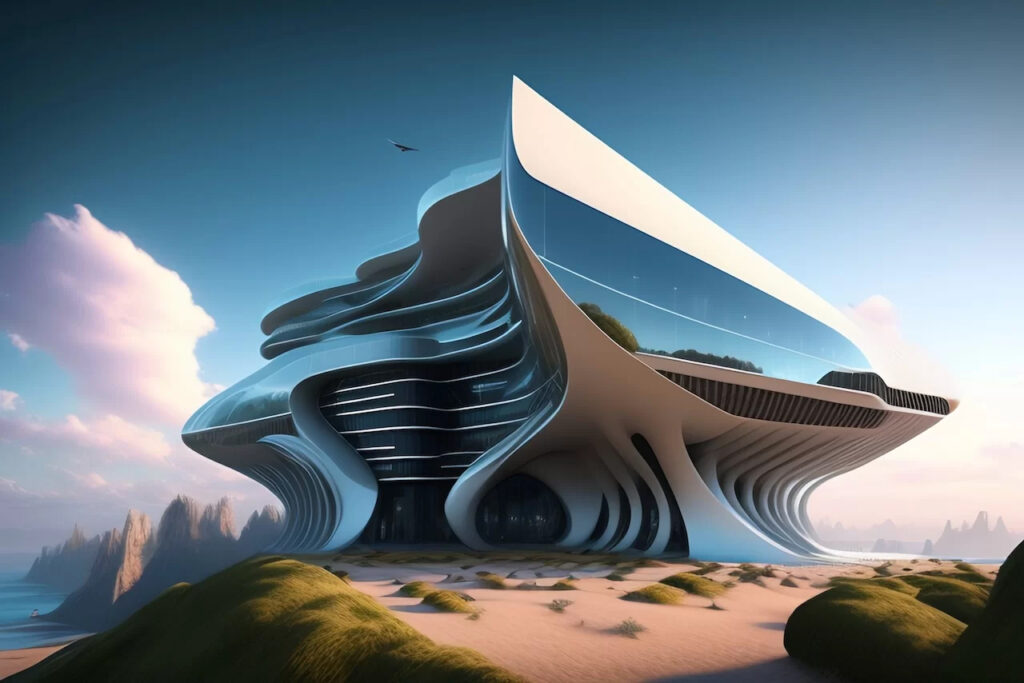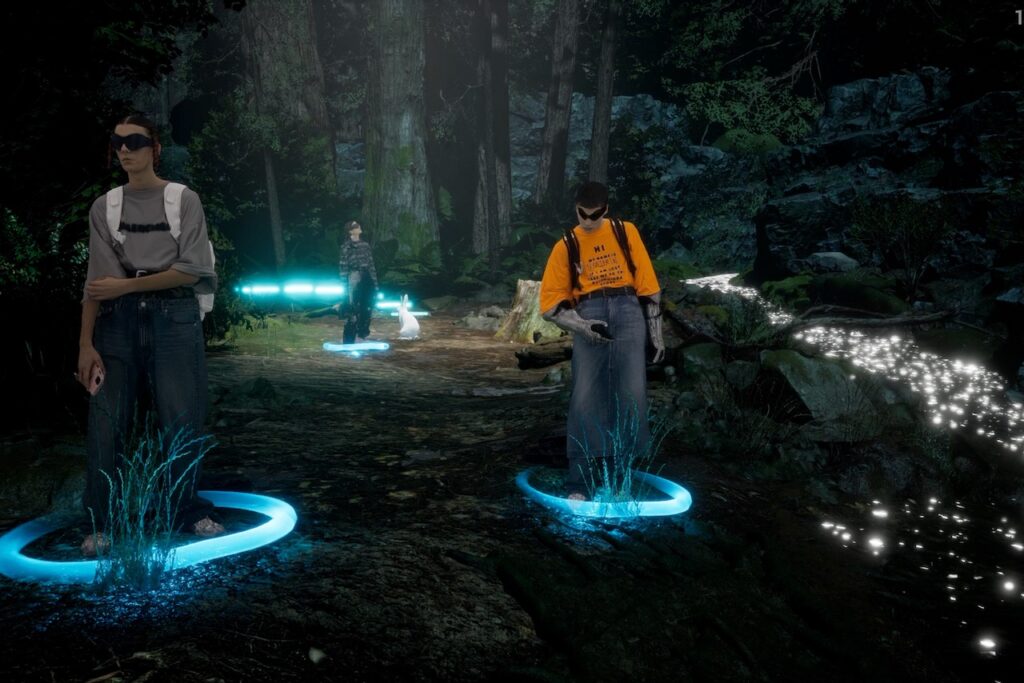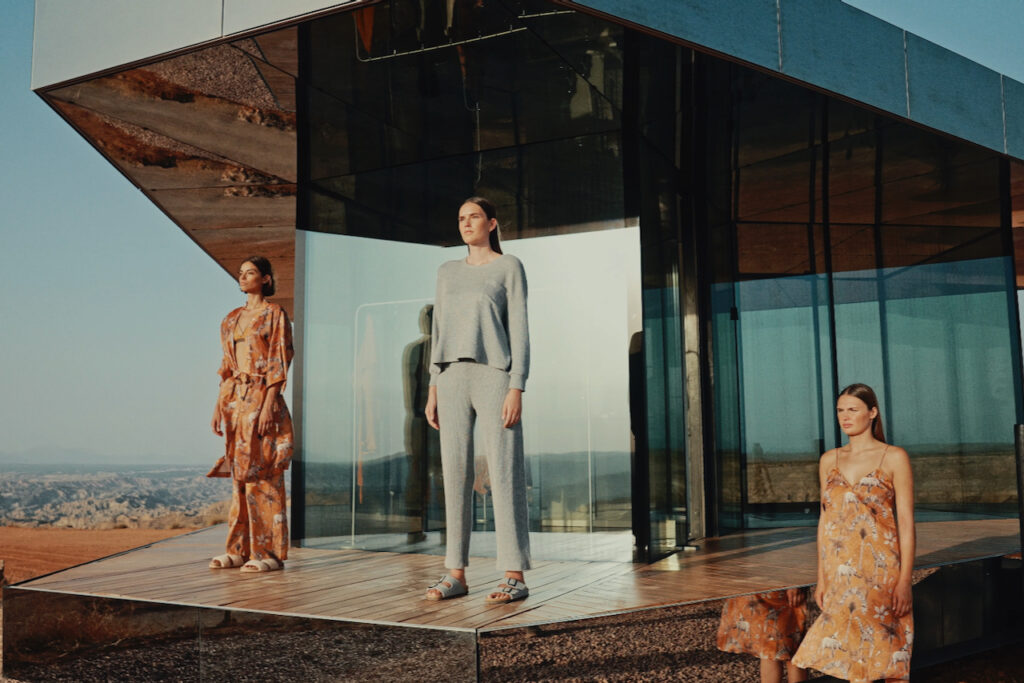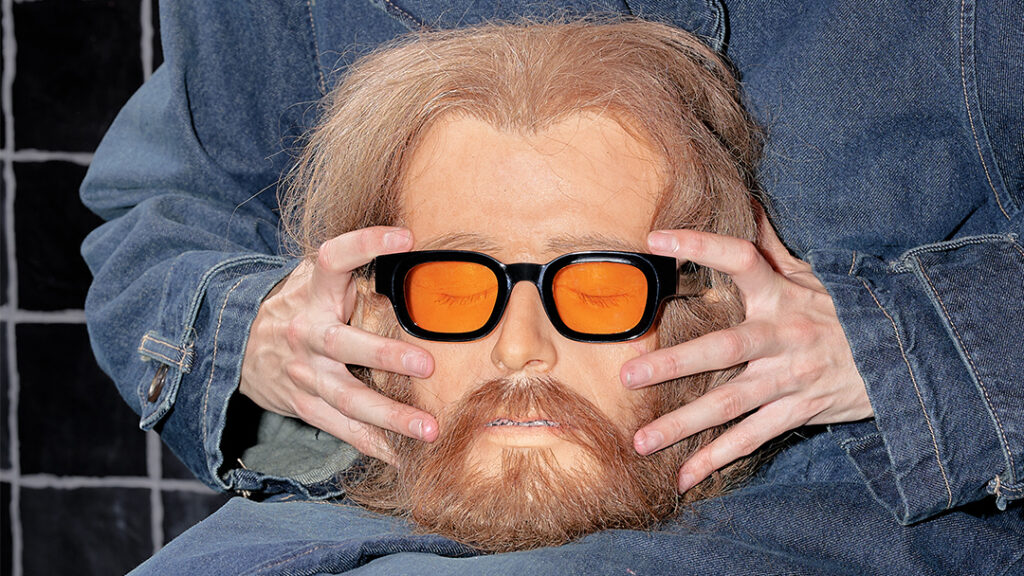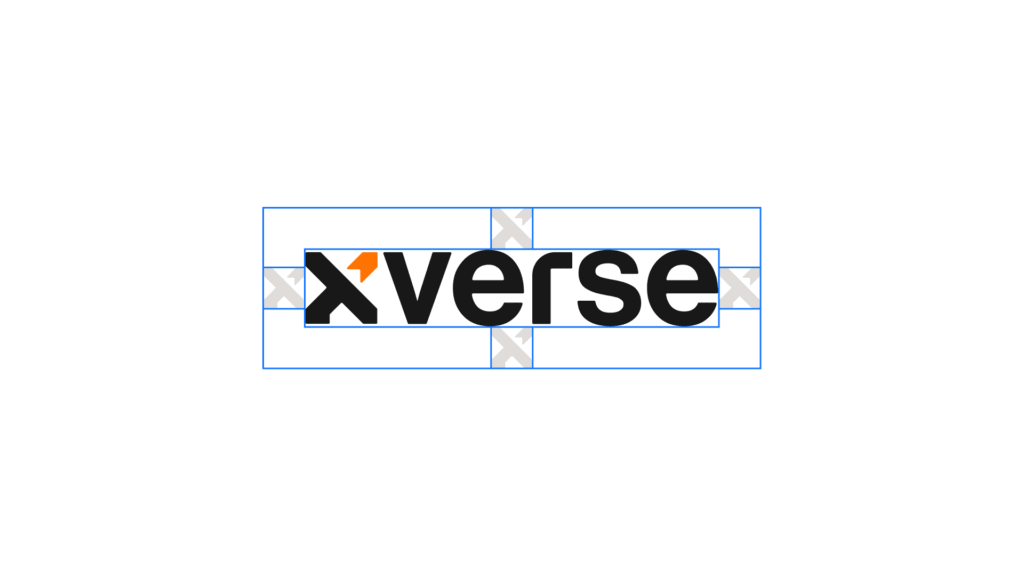As we continue our journey into the depths of the Metaverse, it seems that with every step we take, yet another question arises. Not sure what we expected really, how can you expect not to have questions about a world where the possibilities are allegedly endless, and our penetration of it so far has barely scratched the surface?
What we know so far is that the magnetic pull of the metaverse is real. It’s almost like a vortex that is slowly, but surely, luring everything and everyone towards it. What was once an obscure niche is now in everybody’s mouths. NFTs, cryptocurrencies, digital assets, crypto wallets, avatars, the metaverse. All terminology reserved for science fiction a few years ago, and yet today, not a day goes by where you don’t hear it, or read it, somewhere.
As you know, here at The Next Cartel we have already initiated our journey into the Metaverse. Releasing our TC2171 collection into the world earlier this year was an exceptionally exciting venture, followed by our collaboration with Polite Worldwide for a positively impactful NFT collection. And after trying out the waters and incurring several deep dives into the deepest corners of the internet in search of answers to our questions about the metaverse, we decided to do what any reasonable character does in order to quench their thirst for knowledge: We appealed to those who possess knowledge on the matter.
It’s hard to imagine by ourselves what virtual fashion and the world of NFTs might look like in the future, how digital life might impact physical life. So we decided to have a chat with some key players of Digital Fashion to gather valuable perspectives on the matter, which might clear up some of our doubts. Hell, maybe even allow us to have a clear picture of it.
Welcome everyone, to TNC Talks. A series where we will be talking to some of the most interesting, knowledgable creative minds of today, with the hopes of learning as much as we can from their insights. The first volume of TNC Talks is comprised of a two part chat with The Fabricant‘s fantastic Amber Jae Slooten, The Immersive KIND‘s one and only Kadine James and creative partner Ivan Svanberg, Zebra 3D Studio‘s masterminds Andressa Castaman & Guilherme Schneider, and The Next Cartel’s very own brilliant Cornel Doornebosch.
So what does a future with NFTs and Digital Fashion look like?
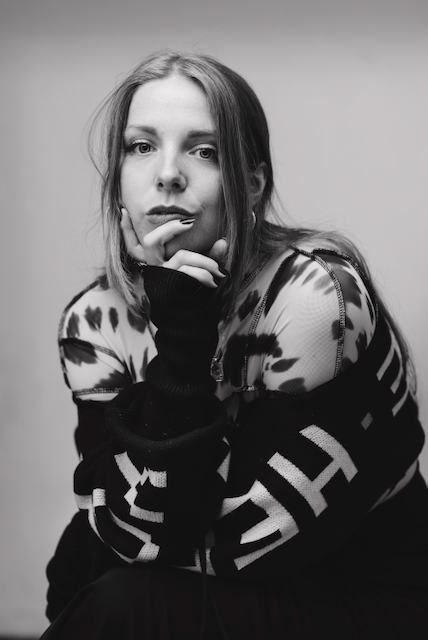
Amber Jae Slooten
Co-Founder | Creative Director at The Fabricant
Clothing has two properties, one is to keep you warm and protect you, the other is to express yourself. Maybe you’d have one or two very comfortable items that would regulate your body temperature and is 3D knitted for you, your body, custom made to order, out of circular materials. Over that, you’ll wear a digital layer of expression, where you’ll be able to change your look every single minute – according to how you feel and which place you need to be. I see it as the comparison of vinyl, where you might own a few records, but most of your songs are in your Spotify library where you can listen to them anytime, anywhere. Fashion can become way more experiential, interactive and expressive. It could become instant self-expression, which is a form of communication without words, creating more tools for empathy and understanding each other emotionally. If we stop producing physical clothes now, we could even dress ourselves for years and years from all the clothes that are still out there. We could express ourselves digitally endlessly without creating the piles of waste, and become way more creative too.
We could express ourselves digitally endlessly without creating the piles of waste, and become way more creative too.
Blockchain will empower a whole new way of interacting with one another. It will create new economical models, new ownership and new micro-economies that will finally give the people their own power over their financials, and the freedom to endlessly create and actually be credited and paid for it. It will revolutionize the world as we know it, as is already happening right now. There are no longer central agencies deciding on what needs to be done but suddenly the decentralized community decides. Digital ownership is just a part of it, or at least just a beginning. This technology has the potential to revolutionize life as we know it and NFTs are just a little glimpse into what this new world will have to offer.
Kadine James
CEO Founder The Immersive KIND | Creative Technologist at Yahoo
We are on the cusp of a new era of internet. In the 90s we saw Web1.0, which connected us to information Then the 00s brought Web2.0, connecting people through social media and giving them the chance to become their own content creators. And now, we are entering Web3.0, connecting people, places and things through the convergence of XR, gaming, ecommerce and the blockchain. Web3.0 is where The Metaverse becomes tangible, where what we do and what we own as our digital selves can exist across all platforms. So whether you are playing a video game or participating in a video conference, our virtual identities are now core to who we are in the “real” world.
I think we are forging a new, on-screen future, in the Metaverse, a new evolution within fashion has been growing, virtual fashion, inspired by the gaming world where you can unlock unthinkable digital pieces that would be impossible to produce IRL.

Digital Fashion gives me so much freedom to experiment with, I recently worked with Zongbo Jaing who dressed me in his earthling collection, I am inhabiting fashion and becoming other in these high art cyber fashion creations and I love the feeling it blows my mind.
I think we are forging a new, on-screen future, in the Metaverse, a new evolution within fashion has been growing
Owning digital garments is a sustainable alternative to mass production and overconsumption. We have seen a large escalation and a shift from IRL to URL. I am interested in sparking ideas and new ways of thinking about how we consume fashion and how technology has the ability to accelerate ways we can leave a lighter footprint on the planet within the fashion industry.
Andressa Castaman & Guilherme Schneider
Founders of Zebra 3D Fashion Studio
Doesn’t virtual presence matter more than their presence in the real world already for a lot of people? The pandemic was a catalyzer for this behavior, our online presence was the only one we could have. Although we think the balance between virtual and real is key, we had the opportunity to learn a lot in how technology can join the fashion industry in 2 years, it was like a leap in time.
We now know that a lot of the current clothing purchases are made thinking of social media, people already buy clothes (and therefore generate waste) planning their post and how that will look like on digital media. So yes, that’s a “natural” path fashion will take in a couple of years.
3D fashion will impact the mastery of design itself. This will be like the transition other fields of design have gone through, graphic design is no longer created in a letterpress printer, right? The fashion designer’s creative process will also be transformed by technology and become a must-have skill for every designer in the industry.
The rise of 3D fashion will transform the industry, but it will also evolve as an industry of its own. The virtual fashion on one hand represents a huge step forward for the industry and its current workflow, transitioning to digital pilots for manufacturing as well as marking will represent a way more sustainable pipeline, and that’s revolutionary when we think of that waste produced during the development of any piece of clothing.
Transitioning to digital pilots for manufacturing as well as marking will represent a way more sustainable pipeline, and that’s revolutionary.
It will also create its own market and breach the barriers between art, technology, and fashion as we can now produce, sell and wear immaterial objects, therefore, we both do not pollute when producing, which means infinite scalability at no costs. Virtual is also free of the real world limitation in terms of materials and shapes, so people that look to really express their identity by the way they dress will certainly feel like buying digital looks.
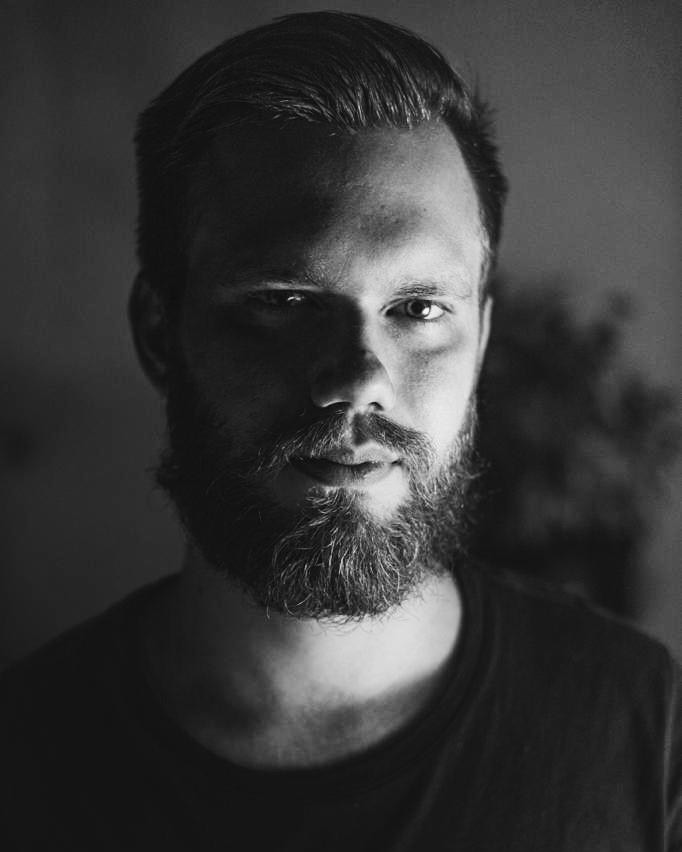

Cornel Doornebosch
Digital Fashion Designer at The Next Cartel
I’m convinced our virtual presence is going to be of even greater importance than it already is nowadays. I think it will naturally start to take over the way that we currently present ourselves, as we as people are always tempted to explore newness. Therefore, any way in which we will be able to present ourselves in a new way digitally will catch on. However, if our digital presence will matter more than our physical ones, I hope not to be honest. I think digital (re)presentation of self is amazing but I see great value in the things that we can only experience in our physical lives.
Any way in which we will be able to present ourselves in a new way digitally will catch on.
As of now, people can resell the purchased items, keep them in the metaverse, etc. but people are not yet able to wear the items digitally. When this is the case, I definitely think hype culture can become as big digitally as it is physically.
I think fashion will forever exist in a physical form as well, the fact that fashion will be big digitally does not mean it will disappear in the physical world. I think as, for most things, there will always be a counter-movement. Also, I think this question can only be answered if we consider the question; Will digital fashion be accessible to everyone? And unfortunately, almost nothing in this world is accessible for everyone living in it. So no, I don’t think fashion will ever be exclusively digital, maybe someday it tends to get there and physical fashion will gain back more value and becomes extremely exclusive, who knows.
Ivan Svanberg
Digital Fashion Designer
Some people already have a bigger virtual presence than they do in the real world, people that play a lot of online videogames and online streamers for example. But I feel like it mostly extends to pure entertainment and hobby at the moment. When digital worlds and technologies become accessible well optimised tools for industries, that will progress the digital world into our daily lives more, with digital social hubs, VR meeting rooms, VR design programs etc, which can save us a lot of physical resources. But I don’t think it’s fair to compare the physical and digital world, it is and will always be very important to get fresh air, be physically active and have real-life interactions with people.
Is there a future where fashion is exclusively digital? Maybe in 2000 years if we are reduced to souls living and acting fully in a simulated hyper-realistic digital world.

Is there a future where fashion is exclusively digital? Maybe in 2000 years if we are reduced to souls living and acting fully in a simulated hyper-realistic digital world. But as long as we have real bodies, there will be physical fashion. Personally, I don’t think digital fashion is here to compete with physical fashion, but it opens up a new world of fashion to people that may not be interested in or feel comfortable with dressing up in the real world. So I think it’s more about fashion just reaching out to more people. The digital world such as videogames, metaverse and AR/XR fashion is always growing, and that world has a growing desire for fashion.


